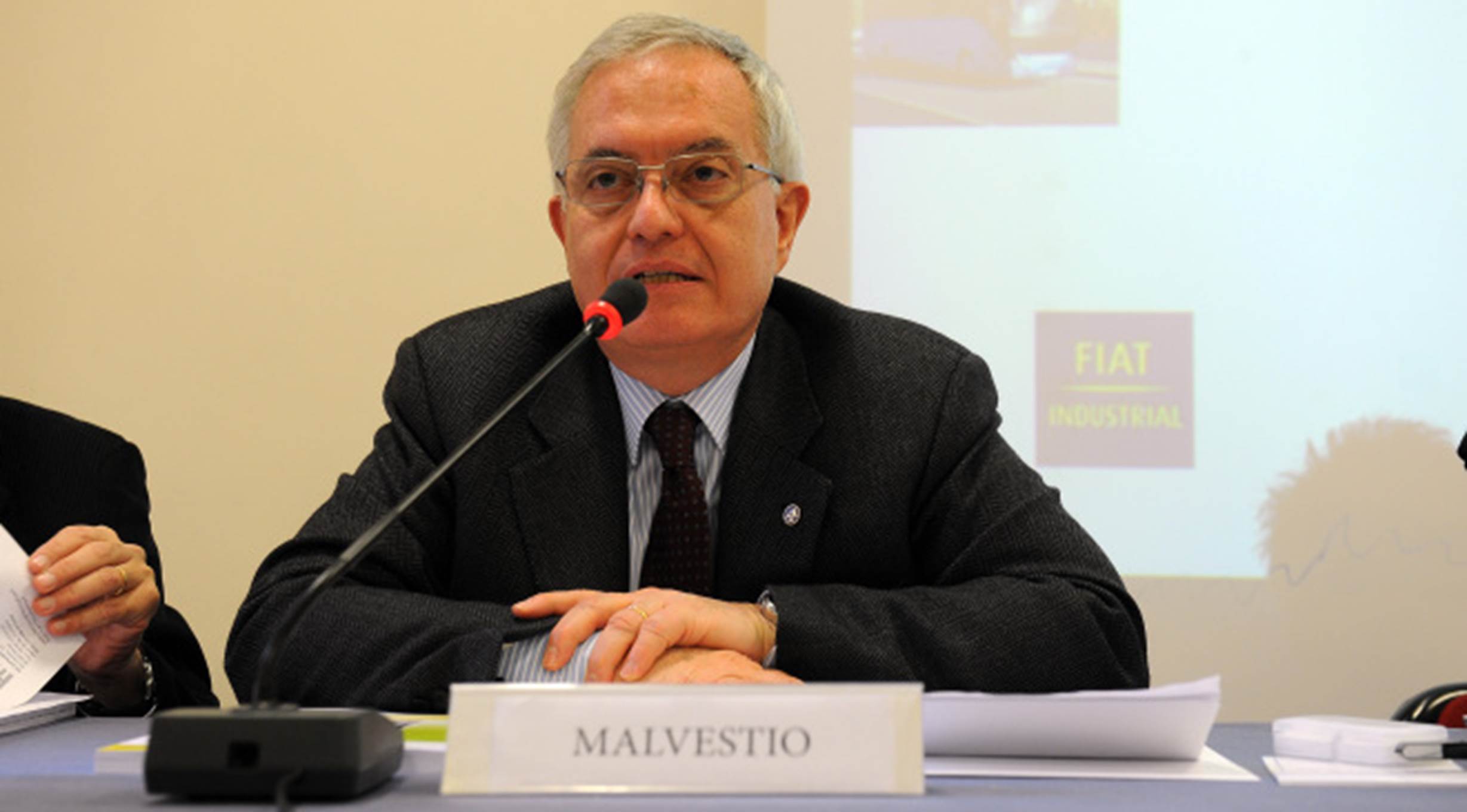
"With Paper n. 28 presented in Naples as part of the ConferenzaGNL held last 15 and 16 of May, we outlined a clear and comprehensive picture of the environmental and economic advantages that can be obtained with the use of liquefied gas in transport. The diffusion of LNG - states Antonio Malvestio, coordinator of the editorial committee of the Freight Leaders Council interviewed by "Trasportonline" - must be encouraged if the government wants to maintain its commitment to reduce air pollutants and greenhouse gas emissions. An objective that can also be achieved thanks to the 5 proposals identified by the Freight Leaders Council".
The Paper, created with the support of Mirumir-ConferenzaGNL and with the help of experts and associations, including Assogasliquidi-Federchimica, EC, REF-E, Conftrasporto, Anita, Assocostieri, Assarmatori, NGV Italy, WEC Italy, can be downloaded for free from the website www.freightleaders.org.
“LNG reduces CO2 emissions by up to 15% compared to diesel, halves nitrogen oxides and cancels particulates and SOx. In Italy, 44 distributors serving 2,000 trucks are already operational. A supply chain that has developed independently because there is a demand for environmentally sustainable transport"- explains Malvestio -"Europe is also gearing up to supply the approximately 6,000 trucks registered in Europe: 150 plants are already active in 13 different countries, soon also in Poland and Bulgaria. LNG costs 43% less than diesel (2017 data) net of excise reimbursement. The dynamism demonstrated by the private sector must be accompanied by a clear political action in order to support the development of this fuel".
Priority actions indicated in the conclusions of the Paper are very precise, says Malvestio and are feasible. "The first action is to develop a national operational plan, with 4 priorities: the definition of a plan for coastal deposits; new loading points in Rovigo, La Spezia and Livorno regasification plants; a regulation that disciplines the supply of LNG ship to ship and a plan for the supply of electricity to the ships anchored in the ports, which can be produced with small LNG plants ”.
"The second proposal concerns excise duties: to allow transporters to plan investments, a medium-long term commitment by the government is needed for the stability of taxation. PNIEC has predicted that excise duties on LNG will not change until 2030, but operators need regulatory certainty, "says Malvestio.
“The third proposal is for the renewal of the vehicle fleet. In addition to the contributions to be kept for a medium-long period for the purchase of vehicles, the Government should reduce motorway tolls for LNG-powered vehicles, similarly to what was decided in Germany for 2019-2020. Supporting the production of biofuels is the fourth proposal. We need the conditions for an acceleration of bio-gas and bio-LNG production, defining a stable regulatory framework ”. "The last but not least important proposal - concludes the Coordinator of the editorial committee of the Paper - is to support the use of LNG for ships by speeding up the authorization processes for the development of coastal logistics for naval supplies". According to Malvestio "it would be important to have rules to reduce sulfur in fuels for the" closed "Mediterranean sea, creating an ECA (Emission Control Area), where the sulfur allowed in fuels is 0.1% and not 3.5% as now"
Source: Transportonline.com
 EN
EN  it
it

